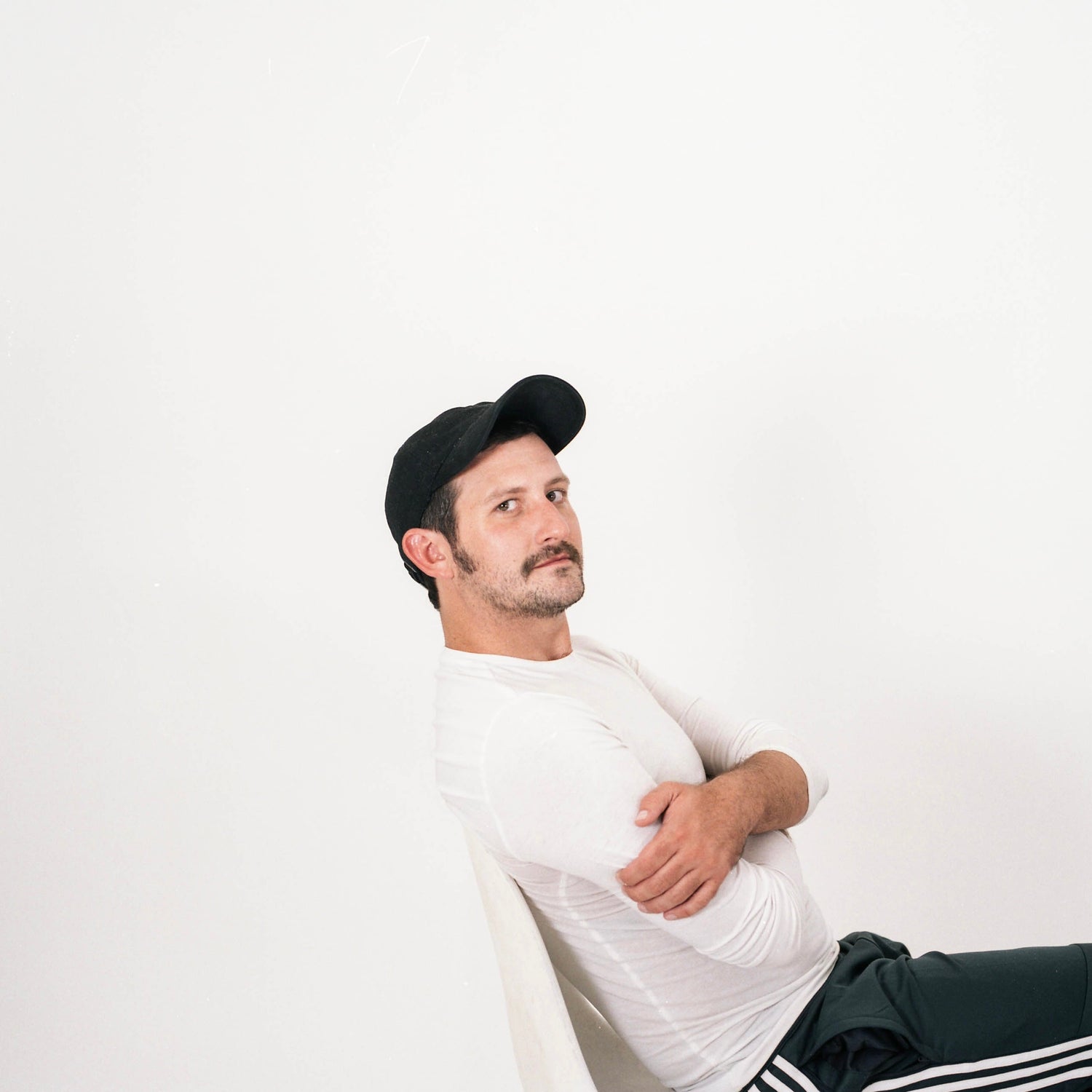
CARTER WEEKS MADDOX
Chronotope
Orlando, Florida
Perfumer Since: 2020
-
Buen Camino
Vendor:ChronotopeRegular price From $9.50 USDRegular priceUnit price / per -
Intra Venus
Vendor:ChronotopeRegular price From $9.50 USDRegular priceUnit price / per -
Playalinda
Vendor:ChronotopeRegular price From $9.50 USDRegular priceUnit price / per
ABOUT CARTER
I come from a family of perfume wearers and spent much of my childhood doused in classic perfumes. My proximity to perfume, however, clashed with what was otherwise a largely pre-modern olfactory experience, as I was raised in the rural Pineywoods of deep East Texas—a region that even now remains rather undeveloped. But upon leaving home for university, I found myself cut off from this scentscape of the natural world, and I soon grew to resent it.
At university, I took interest in critical theory—especially concerning dialogue, biopower, and biopolitics—as well as life writing, particularly the then-emergent storytelling modality called autotheory that blends theory production with memoir. I wrote my MA thesis about manifestations of a device called the chronotope, or “time-space,” in postwar women’s memoirs, and the semester I finished writing and defended my thesis, I began playing with natural aromatics as a creative outlet. In the following years, while living in cities and traveling extensively for my early career in tech marketing, the more I yearned for the odoriferous environment of home, the more I grew my collection of aromatics. I also began acquiring vintage bottles of perfumes my family members wore when I was young, in addition to other vintage perfumes, most of them long since discontinued. And I grew to become grateful for and appreciative of perfumery for enabling reconnection with the breadth of olfactive experience I’d once enjoyed and feared I’d lost.
Upon moving to Central Florida in 2015, I learned of a vast, naturescaped botanical garden within walking distance of my home that offered free access to a broader range of plant life than what I’d grown up with thanks to the state’s subtropical climate and the thousands of species it sustains. I also gained access to the ocean. This abundance of natural smells—many of them completely new to me—influenced a shift in the opposite direction in regard to the materials I sought out for my ever-growing collection of aromatics, and I began to incorporate synthetics into my olfactive play. This play eventually evolved into a rigorous experimental practice as I began developing my own perfumes, which would ultimately lead to my launching Chronotope in August 2020 as an entirely self-taught perfumer, something I proudly remain.
I approach Chronotope as part academic theoretical exercise and part aesthetic art practice. I understand perfumery to be an inherently biopolitical and autotheoretical medium that engages principles of site-specific, time-dependent, gestural performance art, for which the bodies and gestures of wearers provide the specific time-spaces, or chronotopes, of the artwork’s activation. And I consider perfume to be a technology of biopower that documents and transmits knowledge, including bias and prejudice as well as empathy and compersion, about mortality and bodies—both our own bodies and those of others, including the non-human, the speculative, and even the purely metaphorical. And finally, if Chronotope has a purpose, it’s to promote the idea that perfume enables communication where and when words fail.
Because all words strive for smell.







